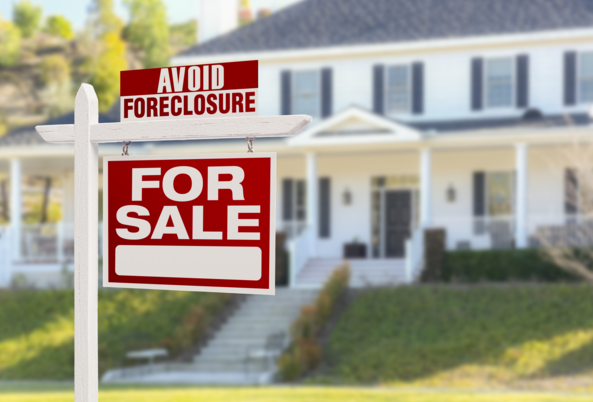MEMORANDUMS OF LAW
- Abrogation of United States
- Abrogation of the Law of the Land
- Amendment XIII
- Amendment XVI
- Amendment XVII
- Article I v Article III Courts
- Bible in School Engel v
- FJC Treason
- Family Court
- Grand Jury Authority
- Grand Jury Handbook 07-01-22
- Habeas Corpus
- Jury Orientation
- Law and Equity
- Non-Judicial Foreclosures
- Petit Jury
- Petit Jury Handbook 07-01-22
- Right of Free Access to Courts
- Right to Practice Law
- Rules of Common Law Courts
- Sheriff
MORE TOPICS
- 001 NLA Plan Government by Consent
- 002 Memorandum Amendment X
- 003 Our Founding Fathers and Slavery in America
- 004 Memorandum Law and Equity
- 005 Enimies Foreign and Domestic
- 006 Democracy -v- Republic
- 007 Treason by Enemies Domestic
- 008 Amendment II
- 009 NLA Plan in a Nutshell
- 010 Politcal Parties
- 011 Government by Consent






Comments
Everyone has a right to represent themselves
Hello! I hope this helps with your case, with that being said you do have every right to represent yourself in any and in all court proceedings. The term phrase "In Pro Per" is used to refer to a person who represents him/herself in court without the assistance of an attorney or legal advisor.
In the book called " Common Law Court Handbook by John Darash on pg 51- states the Right To Practice- The American Bar Association (ABA) was founded August 21, 1878, is a voluntary association of lawyer, and was incorporated in 1909 in the state of Illinois. Pg 53- Any statute the requires a lawyer to be admitted & registered to the traitor BAR in order to enter the People's courts to practice law would be "Null and Void" because that would be repugnant to the Constitution, attorney licenses are a fraud. BAR lawyers subvert the Law of the Land and deny the People their unalienable rights. Pg. 55- The state may not impose a charge for the enjoyment of a right granted by the Federal Constitution * Murdock v Pennsylvania, 319 U.S. 105, at 113...
Idk if you have the Court Access and The Common Law book by John Darash, however, in Chap. 17- Right To Practice Law- states on pg 396- under Supreme Court Rulings: The Supreme Vourt rulings support the fact that the People have the right to practice Law unimpeded & w/o court fees. * A state cannot exclude a person from practice of law or from and other occupatio in a manner or for reasons the contravene the Due Process Clause of theFourteenth Amendment -Schware v Board of Bar Examiners, 353 U.S. 232 (1957) * "There can be no sanction or penalty imposed upon one because of his exercise of Constitutional Rights"- Sherar v Cullen, 481 F. 2d 946 (1973) * "The practice of law is an occupy of Common Right"* Sims v Aherns, 271 SW 720 (1925)
Here are just a few of the rulings about representing yourself, however, there are a handful more.
As for your case against the Property Tax case: In the Common Law Court Handbook by John Darash Pg 56- The general rule is that an unconstitutional statute, through having the form and name of law, is in reality no law, but is wholly void and ineffective for any purpos, since it's unconstitutionality dates from the time of its enactment... In legal comtemplation, it is as inoperative as if it had never been passed... Since an unconstitutional law is void, the general principles follow that it imposes no duties, confers no right, creates no offic, bestows no power or authority on anyone, affords no protection and justifies no acts performed under it... A void act cannot be legally consistent with a valid one. An unconstitutional law cannot operate to supersede any existing law. Indeed insofar as a statute runs counter to the fundamental law of the land, (the Constitution) it is superseded thereby. No one is bound to obey an unconstitutional law and no courts are bound to enforce it * Bonnett v Vallier, 116 N.W. 885,136 Wis. 193 (1908)
Common Law Handbook For Juror's, Sheriff's, Bailiff's and Justice's by John Darash- Pg 13-14
Although this case does not directly pertain to property taxes, its principal of judicial review could be invoked in a case where the constitutionality of property tax law is in question. If property tax law is claimed to violate constitutional rights ( such as equal protection under the law), Marbury v Madison could be cited to support the argument that the courts have the authority to strike down that law if it is found unconstitutional. All cases which have cited Marbury v Madison 5 U.S. ( 1 Cranch) 137 (1803) to the Supreme Court ruling have never been overturned. * Miranda v Arizona, 384 U.S 436,491 Where rights secured by the constitution are involved, there can be no rule making or legislation which would abrogate them.
I truly hope this helps enrich your understanding and helps you with your property tax case. If I can be of any future assistance, don't hesitate to email me @ Kathleennorris2@gmail.com
Right to practice
I just have a simple question that needs an answer. I have a tax issue over property taxes we greived and are in the 2nd appeal. My wife and I own our home "in kind" because we purchased before we were married. Can I represent ourselves without being arrested for "practicing law w/o a lic. ? Law says I have "Property Rights" as a husband , but I was worried the schysters will try to shut down the whole thing by playing games with the law.